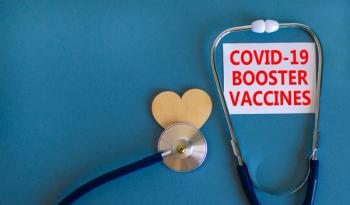
Effects After the Pandemic Caused Teens' Brains to Age
A recent study shows teenagers' mental health and brain maturation increased due to the effects of the COVID-19 pandemic.
A recent study shows teenager's mental health and brain maturation increased due to effects from the COVID-19 pandemic.
Published in
Teens in the San Francisco Bay area were observed prior to the pandemic to examine the effects of early adversity on trajectories of neurodevelopment and clinical symptoms. Initially, 200 teens 13 through 17 were planned to be monitored four different times in a two-year timespan. However, the pandemic shutdown began two-thirds of the way through the third assessment; and yet, the study continued.
Researchers carefully matched and compared youth assessed by age before the pandemic (81) and after the pandemic-related shutdowns ended (82). Those assessed after the shutdowns ended showed brain maturation as if they were a few years older, compared to teens assesed prior to.
Though researchers had originally planned to simply use participants’ age in analyzing trajectories from their four timepoints of data, some would have had a longer interval than others between assessments because of the shutdown.
It's encouraged additional measures should be taken in consideration such as the interval between shelter-in-place orders and time of assessment, as well as the nature and severity of the individual’s stress and experience during the pandemic.
In addition, study samples are of relatively high socioeconomic status and represents the racial/ethnic composition of the Bay Area. Researchers reported that sample composition influences age-related effects on brain structure and, more specifically, that the psychosocial and health consequences of the pandemic have been more severe among individuals from socially marginalized groups.
Researchers believe it's important that investigators examine the effects of the COVID-19 pandemic on psychopathology and brain metrics in more diverse samples of adolescents that are representative of the broader population. Another critical task for future research is to determine whether these alterations are temporary effects of the pandemic or stable changes that will characterize the current generation of youth.
It's important further research continues to follow and assess individuals who were recruited and assessed prior to the pandemic.
Newsletter
Get the latest industry news, event updates, and more from Managed healthcare Executive.

























